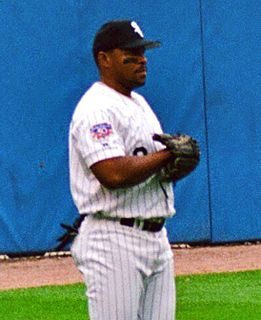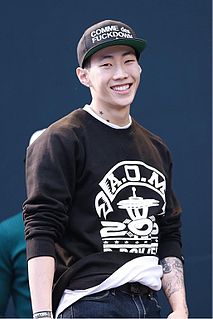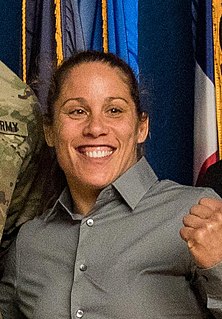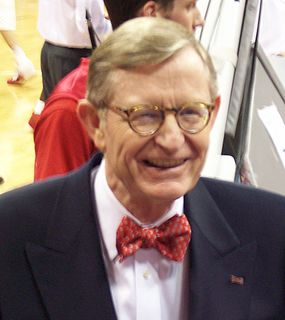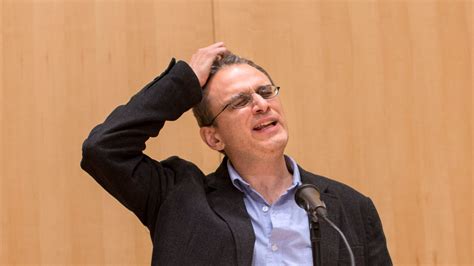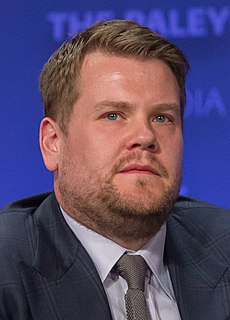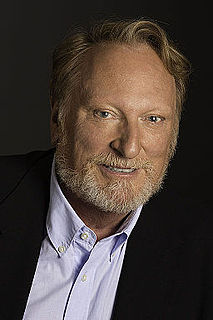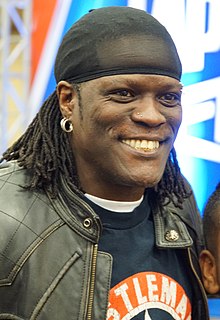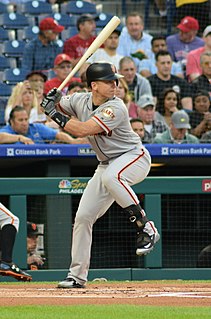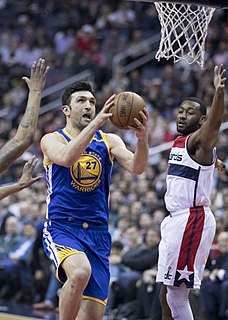A Quote by Albert Belle
People don't need to know what Albert Belle is thinking. I've learned from my mistakes in the past, and that's what's made me a better person.
Related Quotes
There’s no question that mistakes were made and as CEO, I have to accept responsibility for those mistakes. I was focused on lowering costs and making the hospitals more efficient. I could have had more internal and external controls. I learned hard lessons and I’ve taken that lesson and it’s helped me become a better business person and a better leader.
Even the mistakes, even everything bad that happened, I wouldn’t change because then I wouldn’t be the person that I am today. The past is the past. I just want to focus on the future, and getting better, not making the same mistakes and just becoming a better person, a better artist. Just a better everything.
The gravest error a thinking person can make is to believe that one particular version of history is absolute fact. History is recorded by a series of observers, none of whom is impartial. The facts are distorted by sheer passage of time and thousands of years of humanity's dark ages, deliberate misrepresentations by religious sects, and the inevitable corruption that comes from an accumulation of careless mistakes. The wise person, then, views history as a set of lessons to be learned, choices and ramifications to be considered and discussed, and mistakes that should never again be made.
There's no doubt about it: fun people are fun. But I finally learned that there is something more important, in the people you know, than whether they are fun. Thinking about those friends who had given me so much pleasure but who had also caused me so much pain, thinking about that bright, cruel world to which they'd introduced me, I saw that there's a better way to value people. Not as fun or not fun, or stylish or not stylish, but as warm or cold, generous or selfish. People who think about others and people who don't. People who know how to listen, and people who only know how to talk.
You can't make anything without making mistakes, do you know what I mean? Robert De Niro's in the 'Rocky and Bullwinkle' film. There's a lot of far greater people than me who have made mistakes in their careers... There's loads of people who have made stuff that isn't good and never get asked about it.
